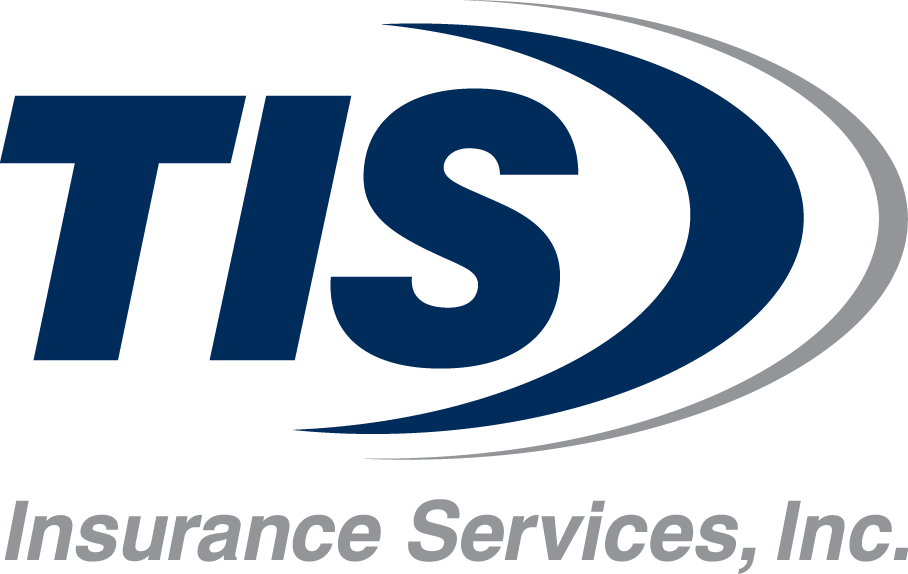Surety Bond
Division
PROTECT YOUR SURETY PROGRAM
A surety bond is a written agreement where one party, the surety, obligates itself to a second party, the obligee, to answer in the event of a default by a third party, the principal. At TIS, we deliver more than just bonds. We leverage our decades of experience to guide our clients in the development and maintenance of their surety programs.
Our strategy goes beyond simply forwarding your financial statements to various surety companies; anyone can do that. Instead, we invest significant time and resources to understand your company and its financial condition. We know the concerns of surety underwriters and what they view as important when underwriting your bonding program. We deliver our clients with the most attractive bond programs available in the marketplace and guide them in the direction they want to take their company.
A Few
DEFINITIONS
Surety bonds involve several key terms that are essential to know. Understanding these terms is crucial when dealing with your bonds, as they dictate the obligations and responsibilities of all involved parties.
Principal
The party who purchases the bond to guarantee their performance or fulfill an obligation. For instance, a contractor obtaining a construction bond is the principal.
Obligee
The party who receives the bond and is protected by it. This could be the project owner or the government entity requiring the bond.
Surety
The entity providing the bond and financially responsible for ensuring the principal’s obligations are met. The surety could be an insurance company or a specialized bonding company.
Bond Amount
The maximum amount the surety will pay out in case of a claim. This is usually the penal sum of the bond.
Premium
The cost paid by the principal to obtain the bond. It’s usually a percentage of the bond amount and is influenced by various factors like the principal’s creditworthiness and the type of bond.
Bond Form
The specific document that outlines the terms and conditions of the bond, including the obligations of the principal and the conditions under which the surety will pay.
Indemnity
The agreement by the principal to reimburse the surety for any losses or expenses incurred due to a claim on the bond.
Expiration Date
The date when the bond expires and is no longer valid. If the obligation extends beyond this date, the bond must be renewed or extended.
Claim
A formal demand made by the obligee to the surety for payment under the bond due to the principal’s failure to fulfill their obligations.
Become a
NOTARY
While Notary Bonds are considered a type of commercial bond, we know that this is a common request so we’ve made getting information and the link to apply for one easy to locate.
Get a Quote
- Provide us with a little information about yourself and your surety bond needs.
- A TIS Team Member will reach out to gather additional information needed to provide an innovative, accurate quote.
- Execute and secure your surety bond.
Meet our Sales Team
Surety Bonds
cmartin@TISIns.com
joakes@TISIns.com





